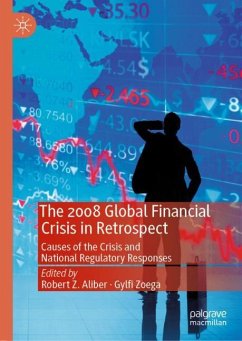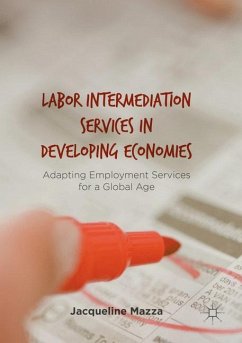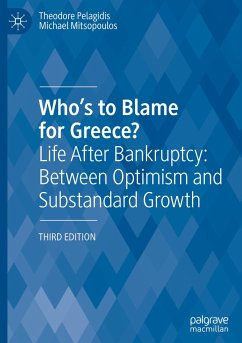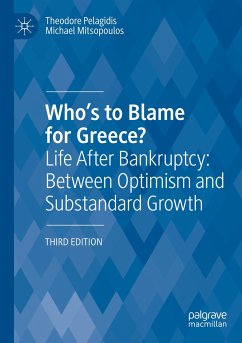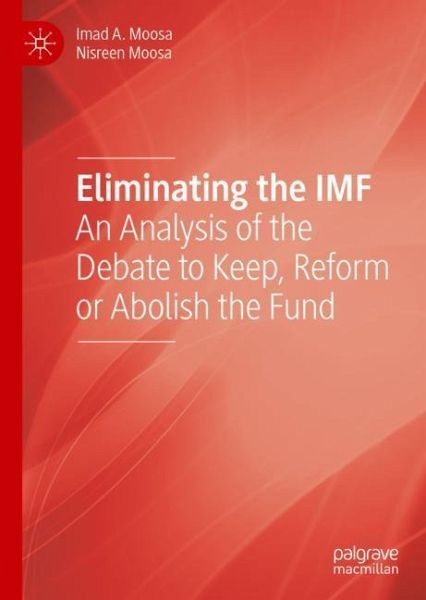
Eliminating the IMF
An Analysis of the Debate to Keep, Reform or Abolish the Fund

PAYBACK Punkte
34 °P sammeln!
This book offers a concise but thorough analysis of the International Monetary Fund reform debate. Since the advent of the Asian financial crisis in the late 1990s, a lengthy deliberation has ensued over whether the IMF should be reformed, abolished, or left as is. The authors approach this debate from a normative perspective while looking at arguments from all sides, as well as reflecting on the history, functions, and ideology of the IMF. This unique approach gives weight to the authors' perspectives and their conclusion that the IMF ultimately does more harm than good. Written to analyze an...
This book offers a concise but thorough analysis of the International Monetary Fund reform debate. Since the advent of the Asian financial crisis in the late 1990s, a lengthy deliberation has ensued over whether the IMF should be reformed, abolished, or left as is. The authors approach this debate from a normative perspective while looking at arguments from all sides, as well as reflecting on the history, functions, and ideology of the IMF. This unique approach gives weight to the authors' perspectives and their conclusion that the IMF ultimately does more harm than good. Written to analyze and contribute to the current IMF debate, this Palgrave Pivot is a must-read for scholars and policymakers invested in the conversation surrounding IMF reform.





